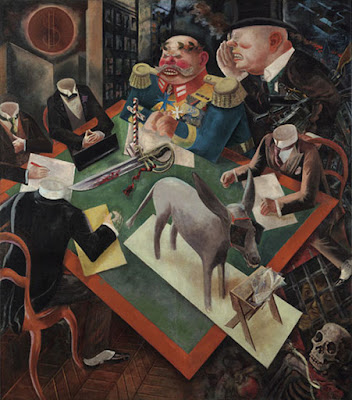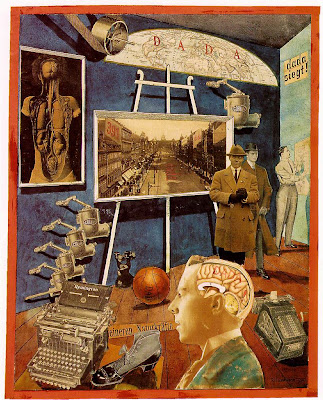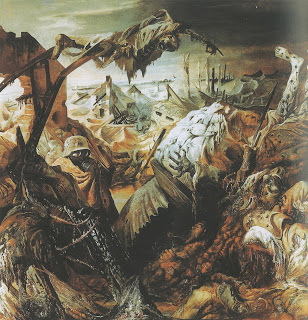The passage that I choose is the following:
The true picture of the past whizzes by. Only as a picture, which flashes its final farewell in the moment of its recognizably is the past to be held fast. “The truth will not run away from us” – this remark by Gottfried Keller denotes the exact place where historical materialism breaks through historicism’s picture of history. For it is an irretrievable picture of the past, which threatens to disappear with every present, which does not recognize itself as meant in it.
My interpretation is that history tends to fade away with time, and it can take precious details and key pieces of the account. In history there will always be a big gap between who lived it and who told it. History tends to get distorted by many different reasons like political views, creed or even moral standards.
There is an old saying that says "History is written by the winner" often use to reference war history and this is another big problem, which can distort and hide important facts about historic accounts.
I chose this quote because every moment that we live in the present is a chance we have to make our own history without distorting our own truth. Although, someone may try to distort it with their personal point of view and/or opinions (this being out of our control). This is what Benjamin referenced to.


